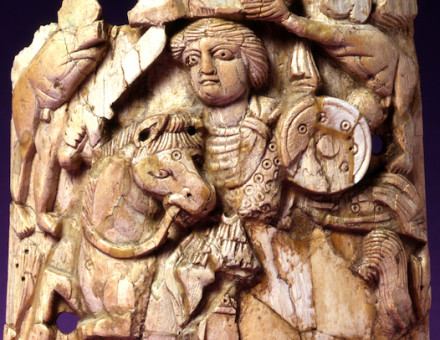Friends or Foes? The Islamic East and the West
Christopher J. Walker asks whether the two religions that frequently appear locked in an inevitable clash of civilizations in fact share more than has often been thought.
Christianity and Islam are often perceived to be elemental foes. Their antagonism is frequently assumed to be one of the iron facts of history; and perhaps those who see them as condemned to permanent hostility are right. Yet if we look at the record of history over the last 1,400 years, we find a more nuanced picture.
For long periods relations were quiescent, and tensions handled through diplomatic channels, not military adventurism. The two civilizations clashed only seldom, and sometimes there was a collaborative content to east-west, or Islamic-Christian, relations. Thus the ‘most Christian king’ of France was allied to the Ottoman empire in the mid-sixteenth century, and the England of Elizabeth I also established a semi-alliance with the eastern power. Queen Victoria too grew dedicated to supporting the Ottomans from the 1870s. On each occasion the alliance with the Muslim power was favoured above Christian ones: the French being in conflict with Austria, and the English with, first, Spain and later Russia – all devoutly Christian powers.





